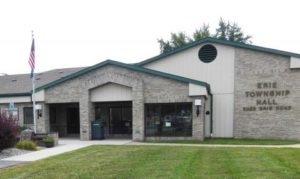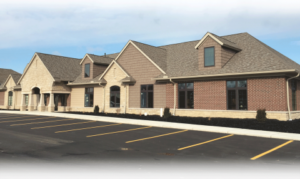Are you registered to vote?
Check out Michigan’s Secretary of State Elections webpage for a listing of the 2016 November General Candidates.
The Secretary of State Elections webpage also includes the Michigan Voter Information Center (MVIC) to find a polling location, a map to your polling location, your sample ballot based on your address, and information about voting equipment. The Information for Voters webpage provides information about registering to vote, opening and closing times of the polls, registration deadlines, and how to obtain an absentee voter ballot. Keep in mind that requests to have an absent voter ballot mailed to you must be received by your clerk no later than 2 p.m. the Saturday before the election.
Be Informed!
Presidential Candidates on Michigan’s ballot
- Hillary Clinton/Tim Kaine – Democratic Party
- Donald Trump/Michael R. Pence – Republican Party
- Gary Johnson/Bill Weld – Libertarian Party
- Darrell L. Castle/Scott N. Bradley – U.S. Taxpayers Party
- Jill Stein/Ajamu Baraka – Green Party
- Emidio Mimi Soltysik/Angela Nicole Walker – Natural Law Party
VOTE 411 was launched by the League of Women voters Education Fund in October, 2006. It is described as a “one-stop-shop” for election information, and gives the public an opportunity to find unbiased information about candidates for both U.S. and State elections. To find personalized election information, input your street, city, state and zip code. You can also compare candidates, as well as print or email the ballot. The League of Women Voters is a national group that works to Educate Voters, Register Voters, Improve Elections, and Improve Government.
On The Issues is a volunteer effort to provide non-partisan information to Presidential election voters. According to their website, the group wants votes to be cast based on the issues instead of on popularity or personality. Click the Senate or House tabs to find information about congressional candidates by state.
The Real Clear Politics Website contains information about the presidential candidates as well as the Senate, House of Representatives, and candidates for Governor in various states. According to their website, RCP aims to provide political information from every side in a non-partisan fashion.
Debate Schedule
Be sure to watch the debates, the last of which is scheduled for October 19, 2016. A full schedule with topic listings can be found at the 2016 Election Central Website.
Checking the Facts
After watching the debates, make sure to logon to the FactCheck website, a project of the Annenberg Public Policy Center at the University of Pennsylvania. According to their website, FactCheck is “…a nonpartisan, nonprofit ‘consumer advocate’ for voters that aims to reduce the level of deception and confusion in U.S. politics…and to increase public knowledge and understanding.” They do this by analyzing television advertisements, the debates, interviews, and other political news for accuracy. See something on a social network about a candidate? Receive an email about one of the issues? Be sure to find out the accuracy of the story on FactCheck.
Watching the Polls
Many people are interested in checking the polls to see which candidate is in the lead.
Gallup and the Pew Research Center keep voters up to date with the candidate’s current percentage points. Both websites include charts and graphs for a number of other political, economic, and social issues.
Political News
Keep up to date with election coverage of all the races from some of these national news agencies
















